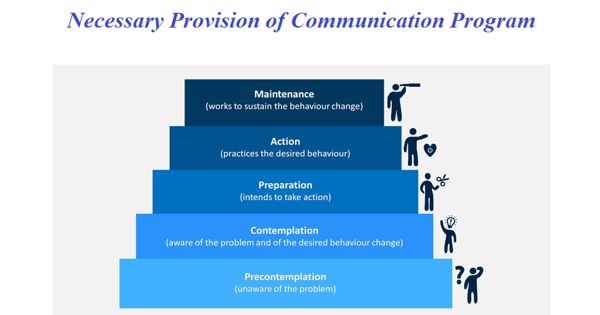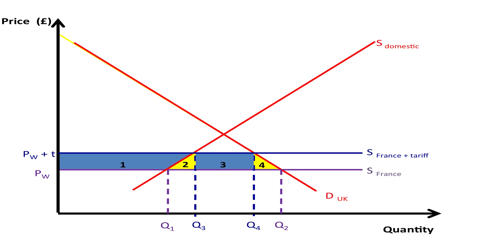Developing strong communication skills is essential when it comes to building a successful career. The root cause of most organizational and relationship issues lies in ineffective communication. To ensure successful communication, you need to have a clearly defined purpose, understand your audience, and communicate using a medium that is convenient and reliable for your audience. Hicks state that “Communication is basic to an Organization’s existence- from the birth of the Organization and towards its continuation”. Such a statement gives importance to communication and hence it is necessary to formulate a communication program.
The following are the essential conditions to be considered while formulating a communication program.
(1) According to the structure of an Organization, a communication program should be developed. Communication should always be in common and easily understandable language so that it may not be misunderstood by the persons receiving it. If the structure is ignored then there will be miscommunication.
(2) There should be reliability and validity for exchanging massage and information. The message to be communicated should be adequate and complete in all respects since incomplete information turns out to be dangerous from the viewpoint of business.
(3) Higher officials should consider communication to be their prime responsibility to deal with. The message to be communicated should not be mutually conflicting rather it should be in line with the overall objectives, policies, programs, and procedures of the organization.
(4) There should be a proper sequence in the communication program. Self-contradictory messages always create chaos and confusion in the organization which is highly detrimental to the efficient running of the enterprise. Lack of sequence will cause confusion and thereafter wastage of resources.
(5) There must be a target audience with whom communication should happen. The communication must create proper understanding in the mind of the receiver. Otherwise, the purpose of any communication will fail.
(6) Communication should happen timely and in a proper way with the right person. Proper attention should be given to the timing and timeliness of the communication.
(7) Why, how, and when to communicate should be clearly defined to each and every person in any organization. It is generally desirable to consult others in planning communication. This will provide additional insight and objectivity to the message.
(8) The language of communication should be simple to create a meaningful understanding. The communicator must be careful about the language he uses while speaking or writing. So, workers must get familiar with simple and easy language.
(9) There should be clarity in communication. The system of communication should be kept open and alive all year round. Hide & sick should be avoided. It is only by honest attempts that good communication relations can be developed.
(10) The sender must have proper knowledge regarding the subject matter as well as the receiver of communication; otherwise, communication will lose its appeal. It is highly necessary that the actions of the communicator should support his communication.
(11) Repetition and use of vague words should be avoided to make communication effective. To follow this there should be an arrangement of seminars, symposiums, and training in an Organization.
(12) Regardless of your position, all employees must respect and safeguard confidential and sensitive data, whether it is stored internally, processed on servers, or being transmitted externally.
Information Source:
















